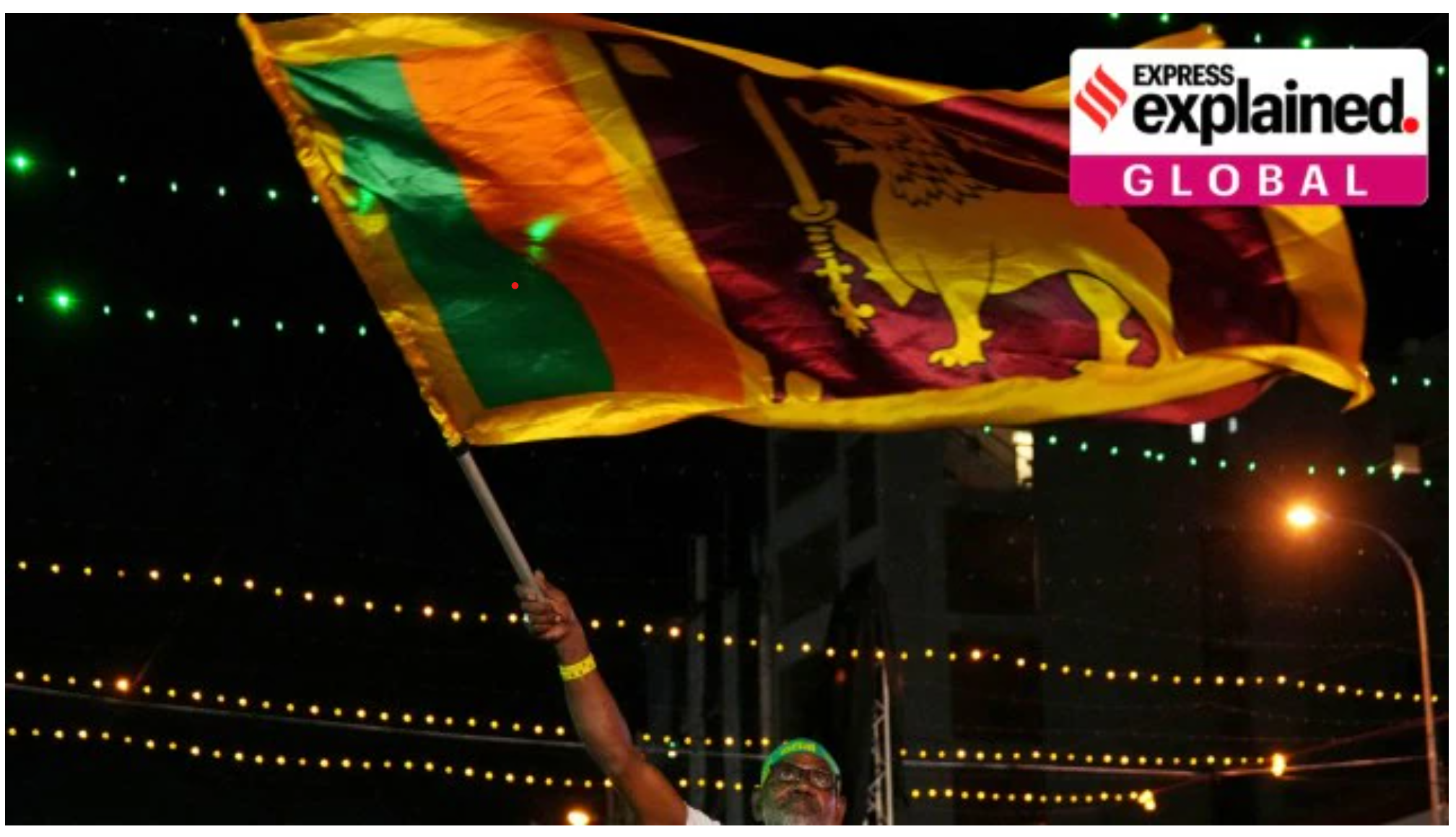SRI LANKA’S PRESIDENTIAL ELECTIONS: IMPORTANCE AND IMPLICATIONS FOR INDIA

- 21 Sep 2024
Overview of the Elections
Sri Lanka is gearing up for its first presidential election since the significant protests of 2022 and an unprecedented economic crisis. Scheduled for September 21, the election comes at a critical juncture for the nation, following the ousting of the Rajapaksa regime.
Context of the Crisis
The protests were ignited by severe economic difficulties, including inflation soaring to 70% and shortages of essential goods like food, fuel, and medicine. While some improvements have been noted, a full recovery remains elusive, with economic concerns at the forefront of voters' minds.
Electoral Landscape
Voting System
- Candidates: 38 candidates are contesting, all men.
- Voting Process: Each of the 17 million eligible voters can select up to three candidates. A candidate needs over 50% of the votes to win outright; otherwise, a run-off will occur between the top two contenders.
India's Strategic Interests
Concerns over Regional Influence
India is closely monitoring the elections due to strategic interests, particularly in countering China's expanding influence in Sri Lanka. The previous administrations have leaned towards China, which has raised concerns in New Delhi.
Key Candidate Positions
- Sajith Premadasa: Historically skeptical of China; supports the implementation of the 13th Amendment for provincial power devolution, aligning with Indian interests.
- Anura Kumara Dissanayake: Has a pro-China background and has criticized Indian business interests in Sri Lanka, raising potential tensions with India.
Economic Recovery and Voter Sentiment
Current Economic Situation
Post-crisis, the economy has shown signs of stabilization, with no food or fuel shortages and reduced inflation. However, many Sri Lankans continue to struggle financially, feeling the impact of increased taxes and electricity rates mandated by the IMF bailout conditions.
Voter Priorities
The election marks a shift in voter focus, with economic recovery taking precedence over traditional ethnic or religious considerations. Skepticism about political promises is high, as citizens recall previous failures to deliver on reforms.
Conclusion: The Path Ahead
As Sri Lanka heads into this pivotal election, the outcome will be crucial for both the nation and its international relations, particularly with India. The next president's ability to navigate economic recovery and regional dynamics will significantly influence Sri Lanka's trajectory.
